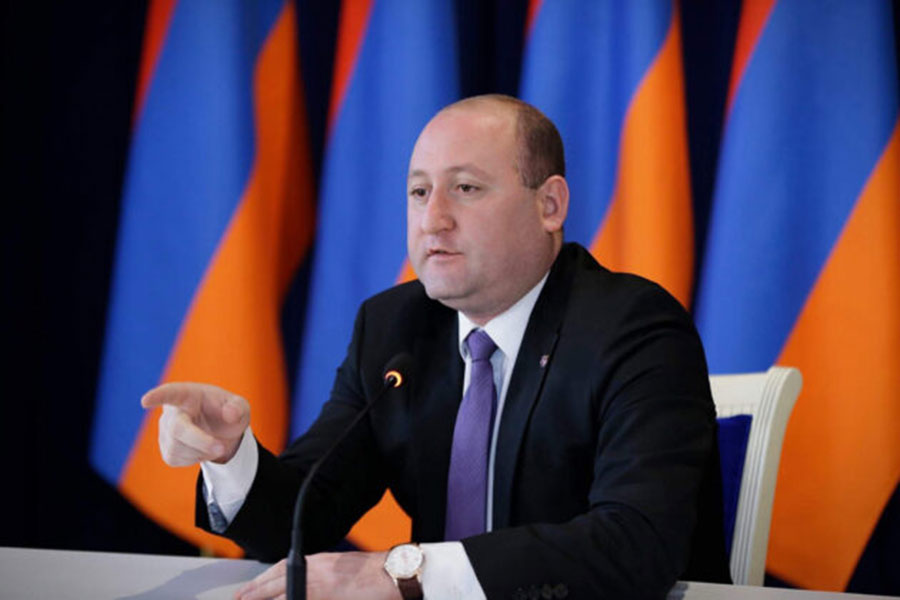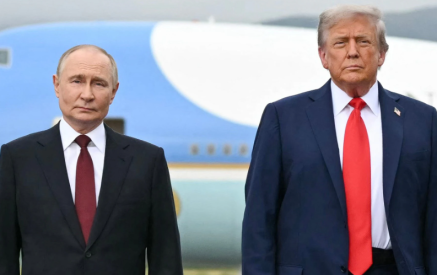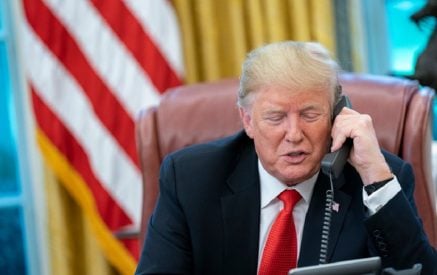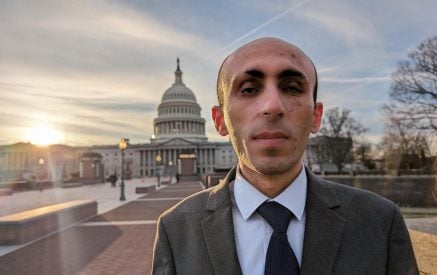by Suren Sargsyan
The Pashinyan–Aliyev–Trump meeting has recently dominated Armenian discourse, both domestically and in the diaspora. Reactions range from celebrating a historic peace achievement to condemning a treacherous act by Armenian authorities. While experts across various fields analyze the meeting, and with most aspects already discussed, I will focus on overlooked or underaddressed details.
First of all, the signed statement carries the same legal weight as the November 9 Armenia-Azerbaijan-Russia statement. It is a non-binding statement.
Read also
Another key consideration is the potential impact of oral statements following a written statement. For instance, after initialing the Armenia-Turkey protocols, Armenia refrained from making oral statements to prevent Turkey from adding verbal preconditions. Despite the written statement’s avoidance of the word “corridor,” Trump repeated the term three times, reinforcing that perception. Therefore, to the argument that “the word ‘corridor’ is not in the text of the statement,” one could respond that it is present in the subsequent oral statements.
Naturally, the question arises as to meaning: the Armenian representative signed under the written text, but Trump’s words belong only to Trump. In this case, it would have been necessary for the Armenian representative to correct the person using the term “corridor,” stating that it is not a corridor and that the term is not applicable in this case. Now, it is a fact that Trump maintains it is a corridor, and his assertion remains unchallenged.
A key issue is the United States’ decision to grant both Armenia and Azerbaijan the same status as strategic partners. Unlike that Mirzoyan-Blinken agreement between foreign ministers, the Azerbaijani document was signed at the higher Trump-Aliyev presidential level. Armenia’s signing its partnership agreement days before President Joe Biden’s departure from office suggests a pro-Democratic orientation; otherwise, the Armenian authorities could have waited to maximize its impact on the current administration. Interestingly, Prime Minister Nikol Pashinyan’s change in demeanor upon Trump’s criticism of Biden during the trilateral meeting circumstantially adds further credence to this point.
The repeal of Section 907, a long-standing grievance for President Ilham Aliyev, is an important development. This provision of the Freedom Support Act was enacted by Congress and could only be overturned through further congressional action, though the president has repeatedly waived it with congressional approval. While Trump pursuing a legislative change with majorities in the House and Senate is possible, it would be a long and complex process facing opposition, including from the Armenian Caucus. Trump is more likely to annually sign the waiver, which Azerbaijan has already presented to its people as a full repeal.
The repeal of Section 907 does not automatically authorize arms sales to Azerbaijan or Armenia, contrary to claims circulating on Armenian and Azerbaijani social media. The United States typically avoids selling arms to warring countries that are both friendly states, and sales are usually blocked until a formal peace agreement is in place. Arms sales are subject to complex US legal and bureaucratic procedures, including Congressional oversight. One example of Congress contradicting the executive branch is the blocking of arms sales to Turkey, a NATO ally of the US.
Another widely discussed topic on social media in both Armenia and Azerbaijan concerns military aid to both countries. The United States has never provided military aid or sold weapons to either Armenia or Azerbaijan. It has provided security assistance, which differs significantly from military aid, and has openly stated that its assistance to Azerbaijan is aimed against Iran, not Armenia.
An interesting fact is that Pashinyan had never had a highest-level meeting with any American counterpart (aside from one or two quick “on-the-go” encounters with Trump). Moreover, the last US president to meet with Aliyev was Barack Obama. In other words, the very fact of being invited to the White House was in itself a serious domestic public relations topic for both leaders which was widely disseminated.
Naturally, this process raises far more questions than it provides answers. The fact that Iran has already begun issuing rather harsh statements on the matter is cause for concern. Equally troubling are the remarks by Turkey’s foreign minister, who insists that this is, ultimately, a corridor, while Aliyev is already presenting his well-known preconditions to sign the peace treaty.
The investment plans, timeline for a peace agreement, and the legal enforceability of the Trump initiative remain unclear. The situation unfolded rapidly, prioritizing immediate results over detailed planning, raising concerns among American experts too. While each side may have achieved short-term goals, critical calculations appear incomplete. The US approach to the South Caucasus lacks a comprehensive strategy, seemingly favoring a business-driven solution similar to the Qualified Industrial Zones established for Israel and Jordan back in 1996, rather than a strategic framework that Washington apparently does not have for the South Caucasus region.























































